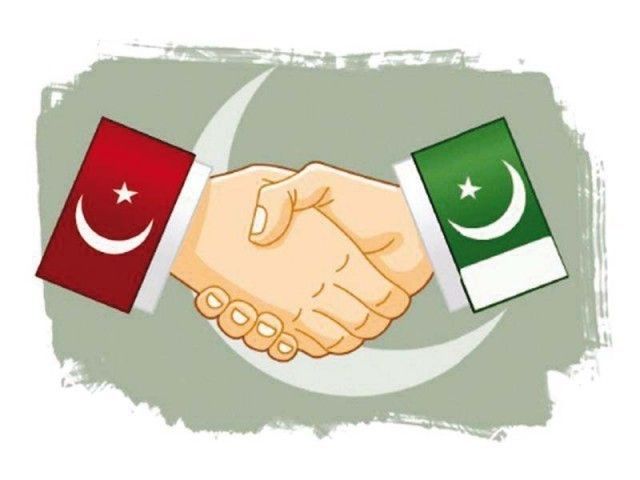As the government is approaching to sign a Free Trade Agreement (FTA) with Turkey, the diaper industry of the country is concerned about its survival in case of imports of finished products are allowed under the proposed FTA. The industry wants concessions on raw material imports and the inclusion of finished products in the negative list for upcoming Pak-Turkey FTA negotiations.
“We wish to support Pakistan’s manufacturing base and reduce Pakistan’s trade deficit. Sadly, the recent Free Trade Agreements (FTAs) with China and Malaysia have resulted in worsening the trade balance for Pakistan,” said Ameen Jan, Former management consultant and strategy advisor at Mckinsey & Company and United Nations.
“With final negotiations taking place right around the corner regarding Pak-Turkey FTA, Pakistan should ensure a targeted approach, seeking a tariff reduction on high potential export items from Pakistan while also reducing its customs duties on raw material imports and machinery that is used for local manufacturing,” said Ameen Jan.
He asserted that trade should spur national economic growth but so far the FTAs do not appear to be connected to the economic growth agenda. “One reason for the increase in trade deficit is poor negotiation; for example, in the FTA with China many of Pakistan’s leading exportable items were given lower concessions than Pakistan’s competitors from ASEAN, which worsened our competitive position,” said Ameen Jan, citing a recent research by the Karachi Chamber of Commerce and Industries.
“Fewer concessions in advantageous products (e.g. cotton, apparel, footwear) and more concessions in disadvantageous products (e.g. manmade fibres, machinery, metals), are also among the reasons,” he added.
Talking about the main economic benefits and costs of free trade, he said that the benefits include specialisation and efficiency gains from comparative advantage, increased exports, and increased competition leading to lower prices and greater consumer choice.
However, infant industry may not develop if trade concessions are not carefully targeted, and as a result, the government’s revenues may also be reduced because of a loss of sales tax paid on domestically manufactured products.
Ameen Jan said that Pakistan’s economic priority should be to strengthen its manufacturing base for value-added products, which can also find export markets. This FTA should ensure that our domestic industry gets strengthened, through reducing raw material and machinery import costs, and not in the reduction of customs duties on value-added products that Pakistan can produce at a globally competitive standard, maintaining cost-quality.
Ameen Jan gave the example of Ontex Pakistan as a case study in this regard. It is a subsidiary of Ontex Global (EU) that manufactures and sells baby diapers in Pakistan (Canbebe). It started its operations in Pakistan by importing and selling products from Turkey in 2011. In 2012, it invested in a manufacturing plant at Port Qasim and by 2017, three production lines were in operation with over 200 employees producing baby diapers at the global quality standards.
The total investment to date in plant and working capital by Ontex in Pakistan is $18 million, and its annual tax paid to the government is over Rs 700 million. With its local plant close to meeting domestic demand, Ontex now plans to export to regional markets from 2017 onwards. “Ontex is an example of how foreign direct investment can be to Pakistan’s sheer benefit,” noted Ameen Jan. “This type of FDI has created local jobs, generating taxes for the government as a result. It has also created a growing manufacturing hub whose products are at a global quality level, capable of being exported to regional markets across the globe.”
“The FTA should ensure that foreign investors like Ontex that strengthen Pakistan’s manufacturing and export capability, are supported through reduction of customs duties on raw material imports from Turkey, and not through a reduction in the duty structure on finished goods which they are able to manufacture in Pakistan. This will provide an incentive to companies like Ontex to continue manufacturing in Pakistan, rather than importing the same finished goods from their plants in Turkey under reduced tariffs,” said Ameen Jan.




